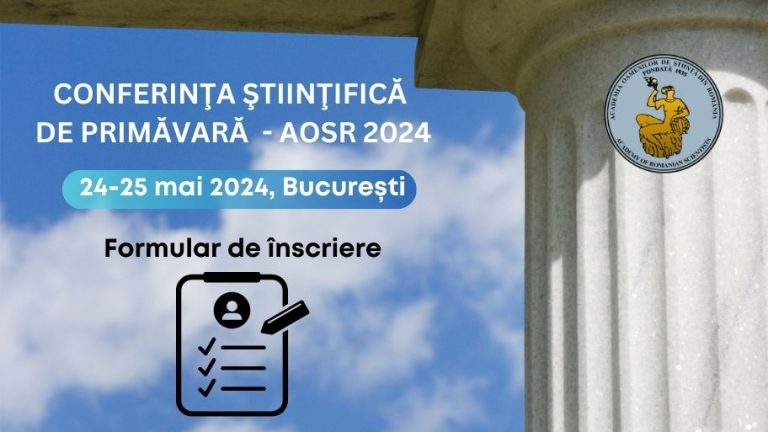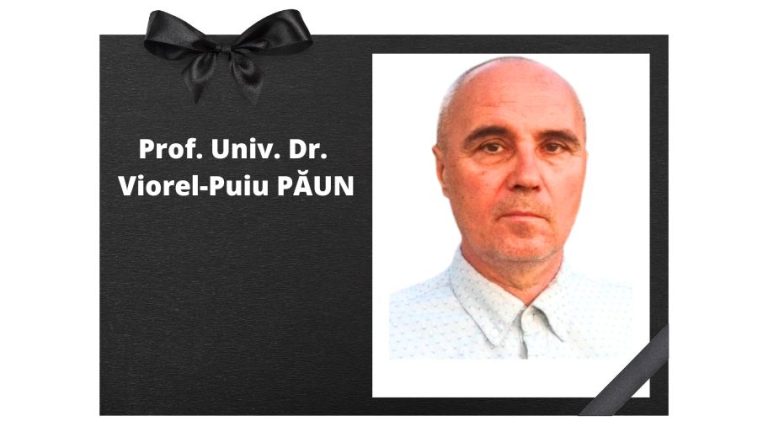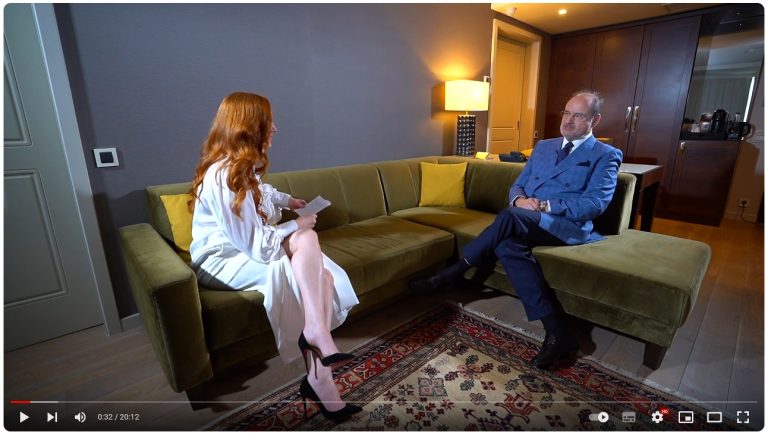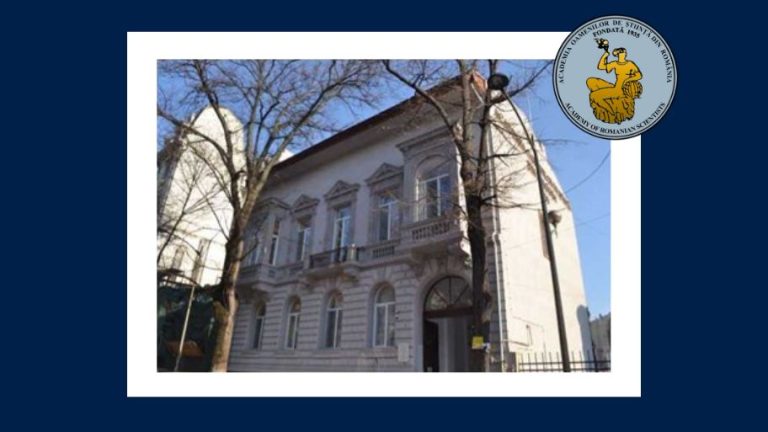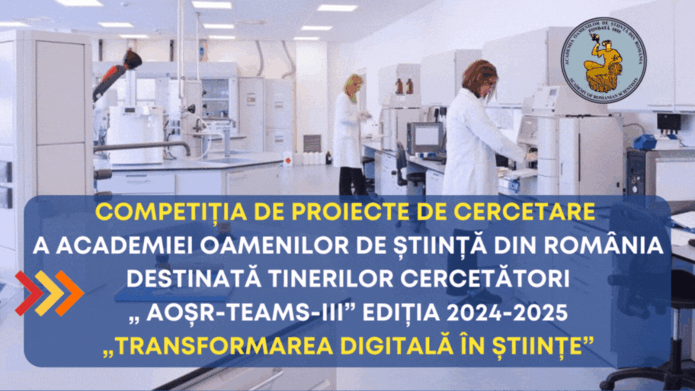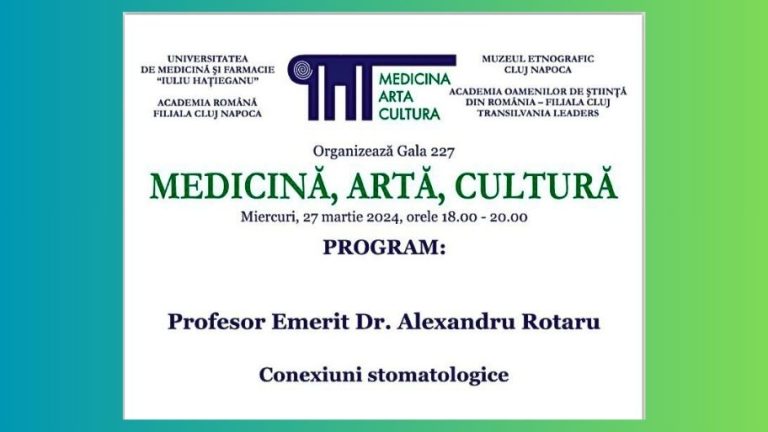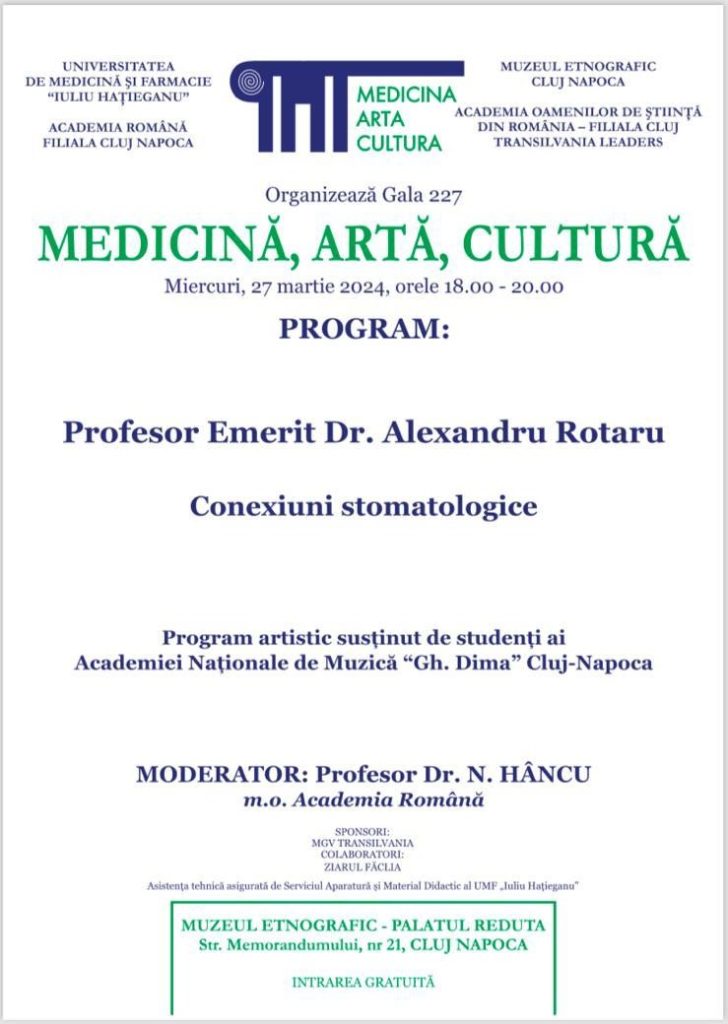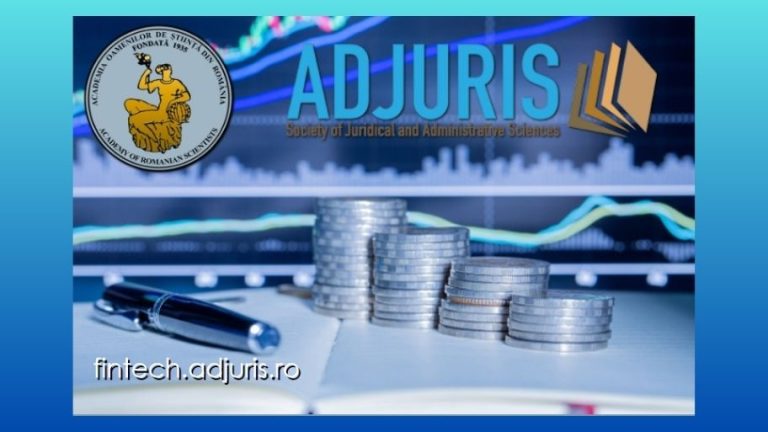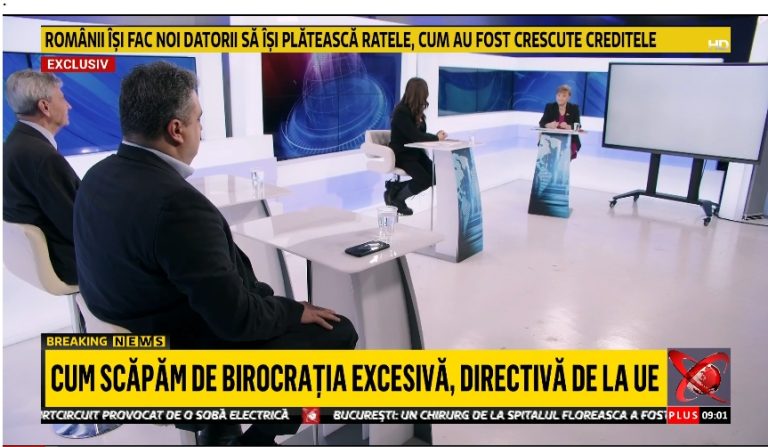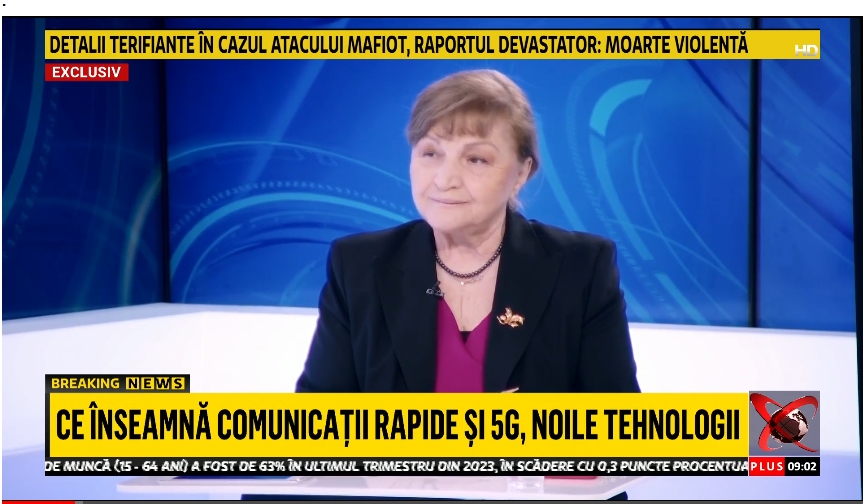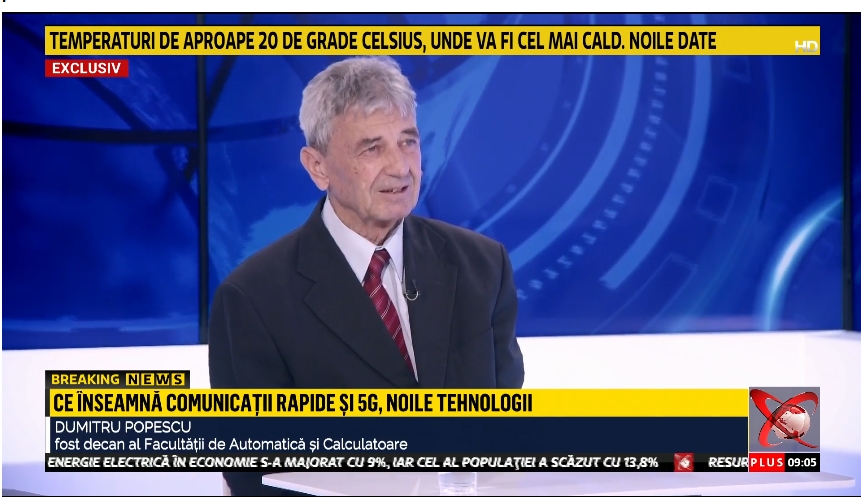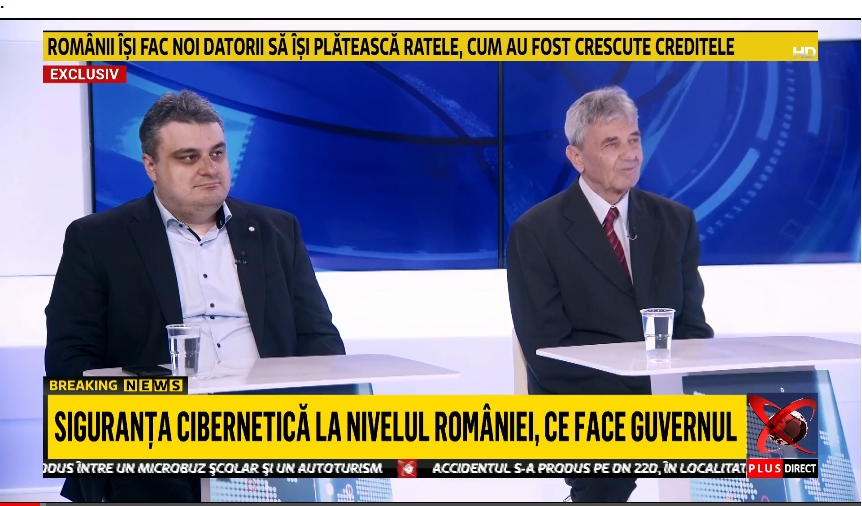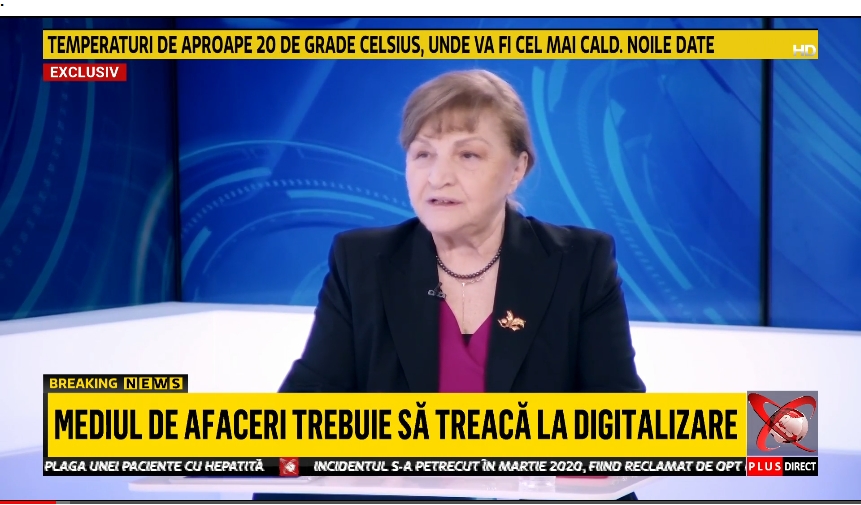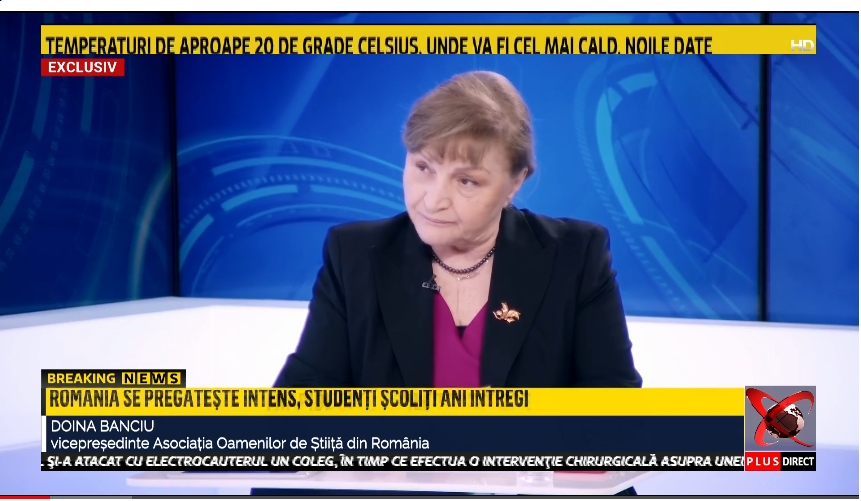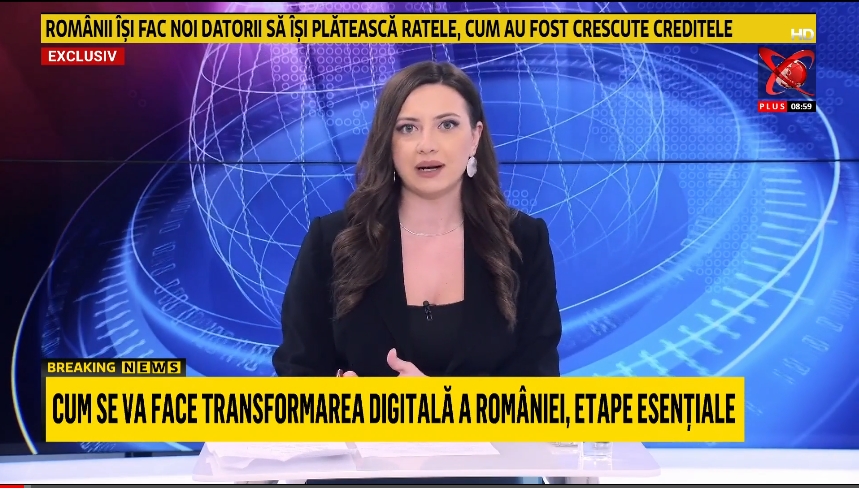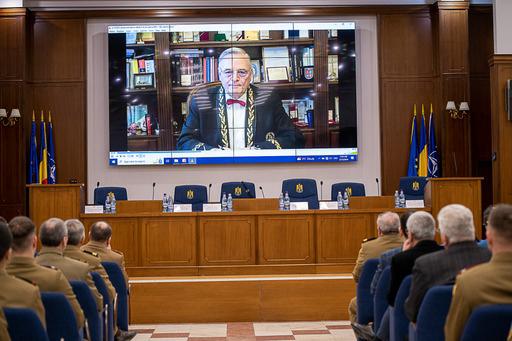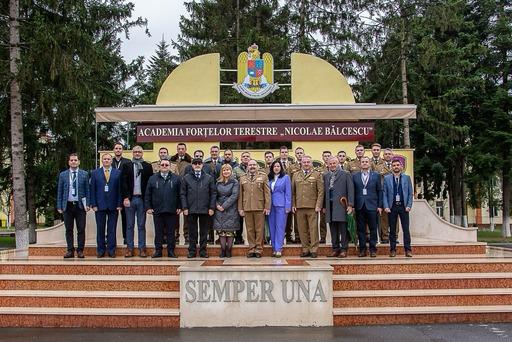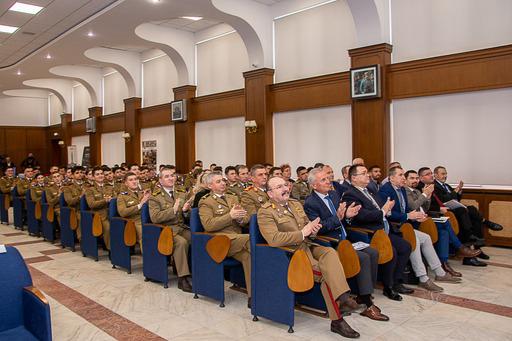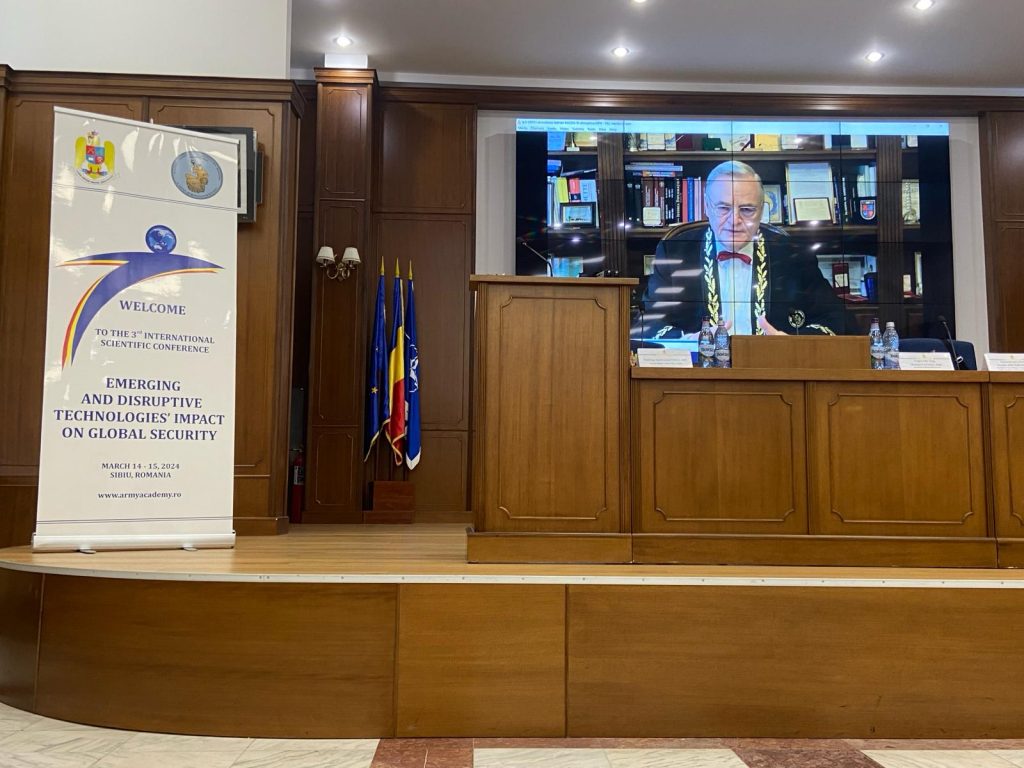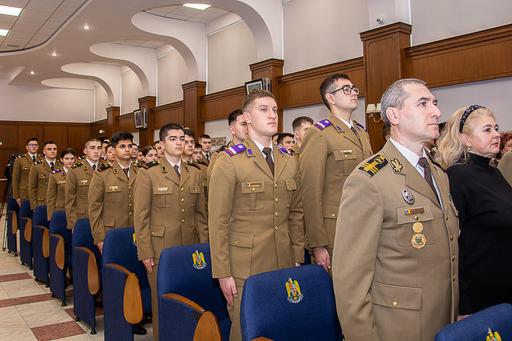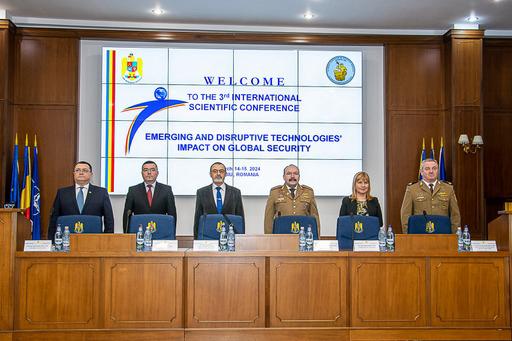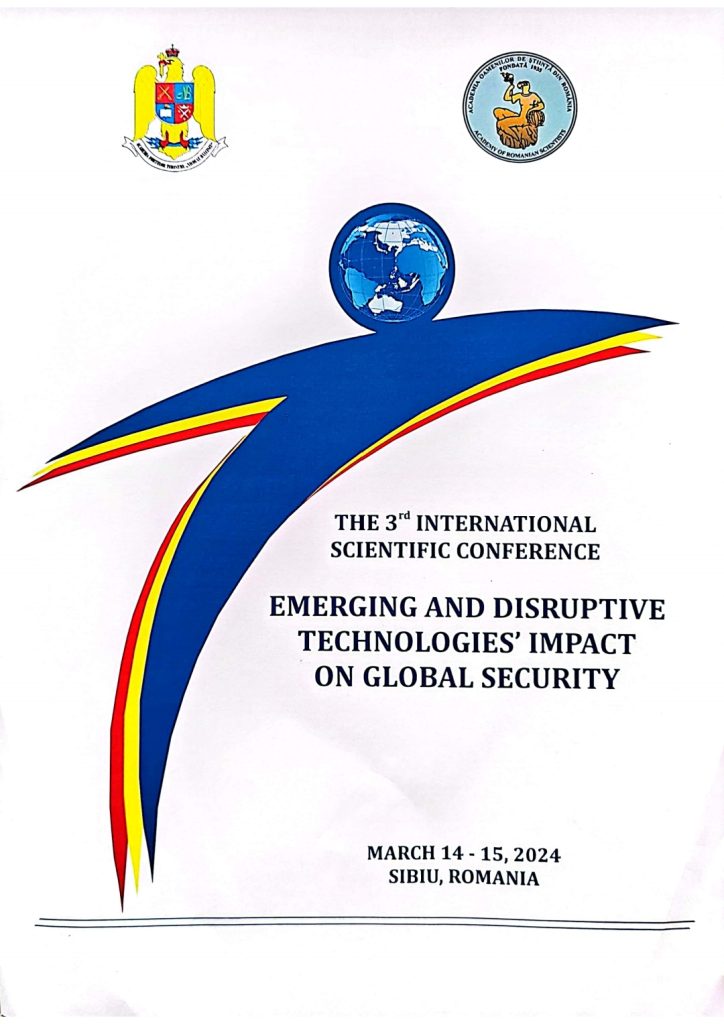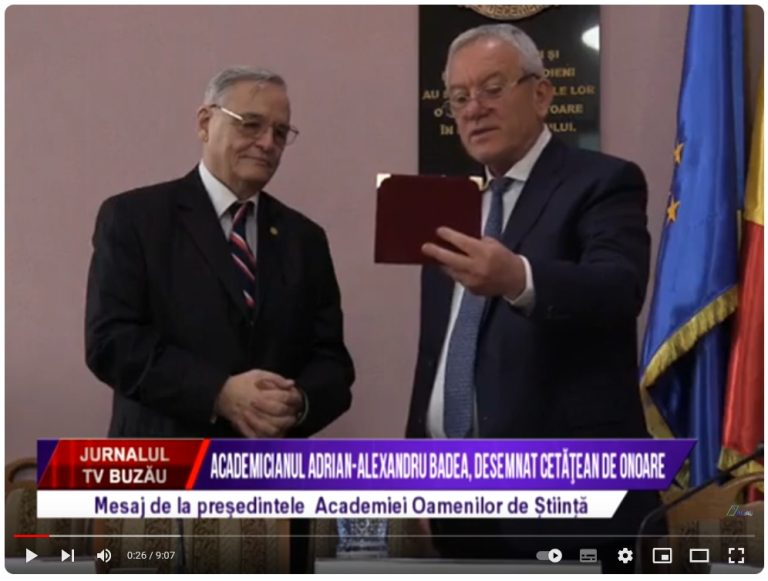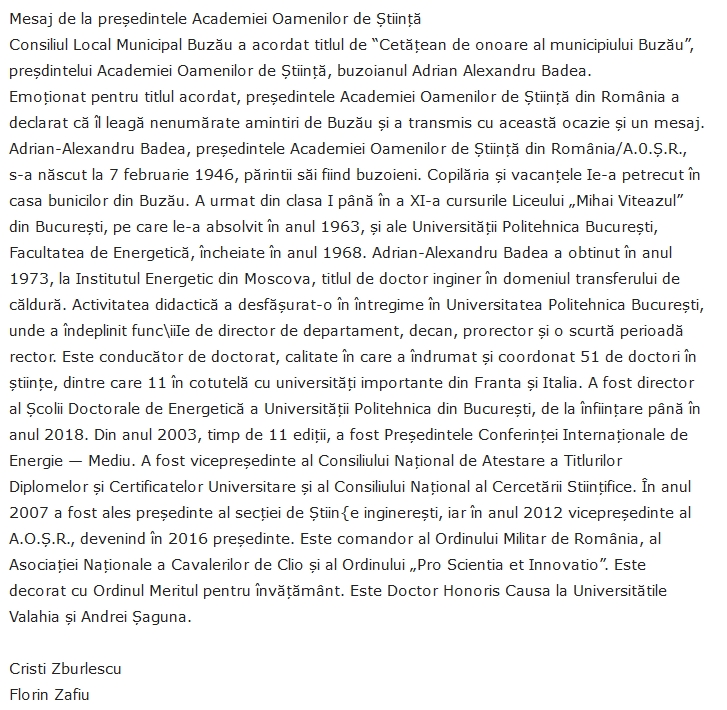Prof. Univ. dr. Viorel-Puiu Păun
Full Member AOSR
26 September 1954, Surdulești, Argeș County – 6 April 2024, Bucharest, Romania
The Presidium of the AOSR sadly announces that Viorel Puiu Păun, full member of the AOSR, passed away on 6 April 2024. Born on September 26, 1954, in Surdulești, Argeș County, he dedicated his life to education, science and knowledge. Professor of Engineering at Politehnica University of Bucharest, Faculty of Electronics, Telecommunications and Information Technology and Faculty of Applied Sciences, Viorel-Puiu Păun completed his studies at the Faculty of Physics, University of Bucharest (1979), Faculty of Mathematics, University of Bucharest (1990), PhD in Physics at the Institute of Atomic Physics in Bucharest and at EPF Lausanne, Switzerland, for Postgraduate Diploma in Biomedical Engineering.
The articles he has published in national and international journals have demonstrated the author’s indisputable value in areas of top scientific expertise, Nuclear Physics, Condensed State Physics, Physical Chemistry, Biomedical Engineering, Diffusion Theory, Stochastic Differential Equations, Films and Nanotechnologies, Surface Characteristics and Analysis, Nonlinear Dynamics, Fluid Theory, Transport Modeling and Simulation, etc. The most important contributions are the more than 75 papers published in ISI journals, together with 434 citations (without self-citations) in ISI-listed journals. They are joined by 15 articles published in international journals and national magazines. These journals are currently ISI listed.
Viorel Puiu Păun has been PhD supervisor since 2010 and has also been Lead Guest Editors of “Special Issue” of prestigious journals, such as Advances in Laser Produced Plasmas Research, 2019, Journal: Symmetry; Applications of Fractal Analysis in Brain Images Interpretation, 2020, Journal: Brain Sciences; Applications of Photonics, Laser, Plasma and Radiation Physics, 2021, Journal: Entropy; New Perspectives in Nonlinear Dynamics of Complex Systems, 2021, Journal: Complexity; Gels, their synthesis, characterization and applications in high performance chemistry, 2022, Journal: Gels.
Mr. Păun has written and published books and problem books, university courses, which are generally addressed to students of the Faculty of Automation and Computers, the Faculty of Electronics, Telecommunications and Information Technology and the Faculty of Applied Sciences, where he teaches the course of General Physics. Thus, 17 books, monographs and collections of problems, published by established publishers, can be cited, 5 of which he is sole author. Among them, the book in English, published by Athens University Press, Greece, “The Fractal and its Implications in the Material Science”, ISBN: 978-960-92410-1-4, Athens University Press, Greece, 2008, (214 pages), with the authors M.Agop, P.D. Ioannou, P.E. Nica, V.-P. Păun.
He continued his scientific, theoretical and experimental research, succeeding in producing valuable scientific papers. Participating in various international conferences in the country and abroad, he has maintained a high level that has been well appreciated. The most important contributions of this kind are 33 (papers) articles in proceedings of International Conferences and 11 (papers) articles in proceedings of National Conferences. Several of these papers were considered representative of their field and confirmed by being selected as Invited Speakers, Key-Note Lectures and Lectures.
Viorel Puiu Păun was awarded the CORNELIU PENESCU Prize for 2020 by the Romanian Academy of Scientists (AOSR) for his paper Radiomica. Fundamente și aplicações, Romanian Academy Publishing House, 2022, the International Award of the ISI listed Chemistry Magazine, Rev. Chim. (Bucharest), for the year 2007, for obtaining the highest score (ISI citations, etc.) for the paper “Behavior Simulation of the Lipoid Systems Composed of Some Fatty Acids”, M. Honciuc, V.-P. Păun, Rev. Chim. (Bucharest), 54, Nr.2, pp.117-119, 2003.
Our Academy loses a valuable member and a colleague we will miss. My sincere condolences to the family! God rest his soul!


